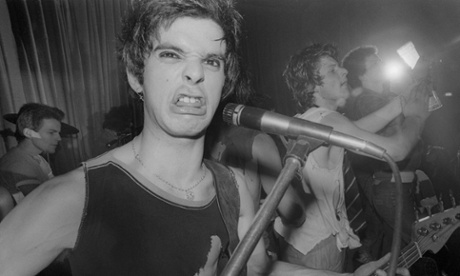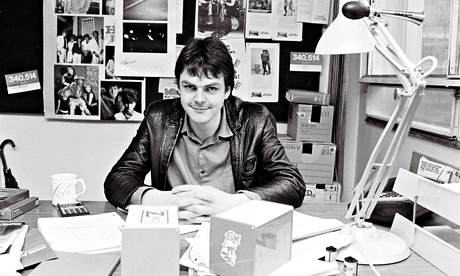It would be silly to mourn the demise of NME, which is closing its print edition after 66 years, maintaining only its painful digital existence. This is not because popular music does not matter – that fight was over decades ago – nor even because the magazine became so associated with one particular form. But NME’s heyday was long past and, though the closure is bad news for staff, it is hard to imagine current readers weeping. As an ad-funded free title, no one thought it thrilling, essential or even surprising. The growing sense of profits overruling passions didn’t help. It was superfluous and disposable: something you picked up, passed the time with and dropped again – the antithesis of its former status as a cherished artefact to hunt down and then hoard in a yellowing pile in your bedroom. Its aura was once burnished by scarcity; this is a world of cultural abundance.
NME was rarely as cutting edge as it liked to think itself, overly in thrall to its own mythology (especially the “hip young gunslinger” punk years of Julie Burchill et al) and too often to a narrow band of music. In many ways it was less subversive than Smash Hits. For every Aaliyah, Public Enemy and Odd Future cover there were many more with Oasis (some blame the readers). For every radical voice there was one of rockist conservatism, busy constructing a great western canon of popular music populated almost entirely by white men with guitars.
Yet for generations of suburban teenagers, the weekly music press (Sounds closed in the 1990s; Melody Maker in 2000) was life-changing. NME made some bands, albeit not as often as it tried to, and helped people understand why they mattered. Bands like the Sex Pistols seized those opportunities: “I use the NME,” Johnny Rotten snarls in Anarchy in the UK. More than that, the inkies were the gateway to a wider world of politics, culture, ideas – life. For readers, the writers were often the real stars; few read the brilliant Steven Wells for love of Def Leppard or Daphne and Celeste. They were transformative for writers too, especially working-class ones. They provided not just a national platform but – as Caitlin Moran pointed out – a paid one. Danny Baker noted: “The NME never once asked me where I studied. Or what certificates I had. Or where I saw myself in five years. They just sent you to see some band and asked for 400 words on them. If they liked it they’d give you an album to review. Next thing you know you’re in New York…”
These days there are new, and instant, pleasures. No teenager must dash to the newsagents each Wednesday to learn what is happening, nor wait for John Peel to come on the radio, nor trek round record shops. When artists can communicate directly with their audience, and release material without warning the media – even, perhaps, without telling their label – cultural gatekeepers struggle for a place. The question is where excitement and world-expanding moments may now be found.











